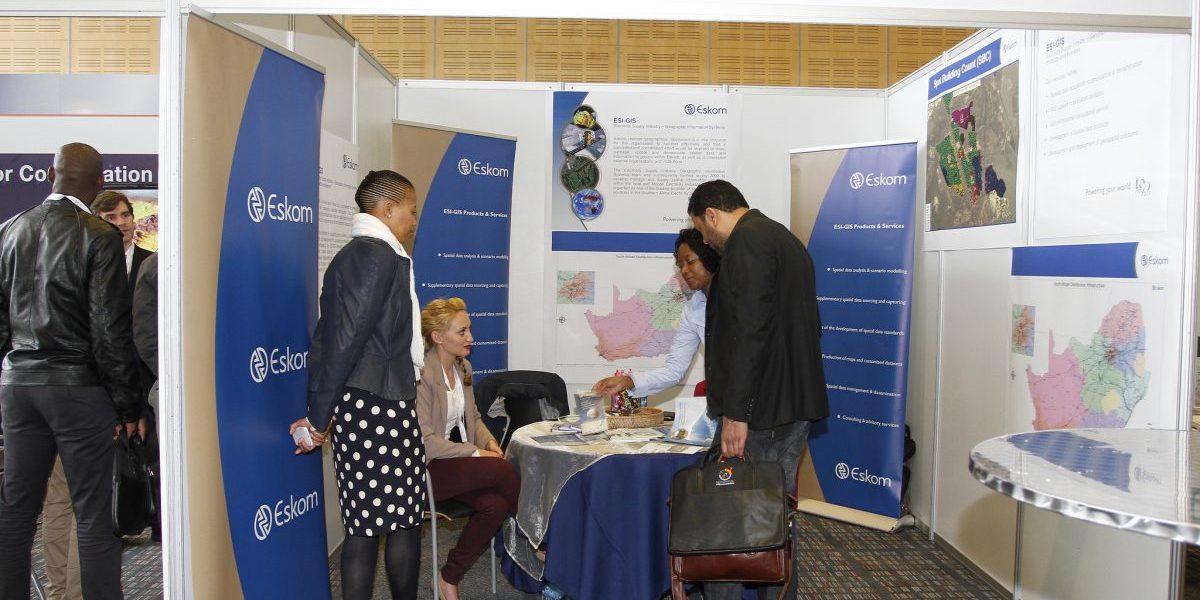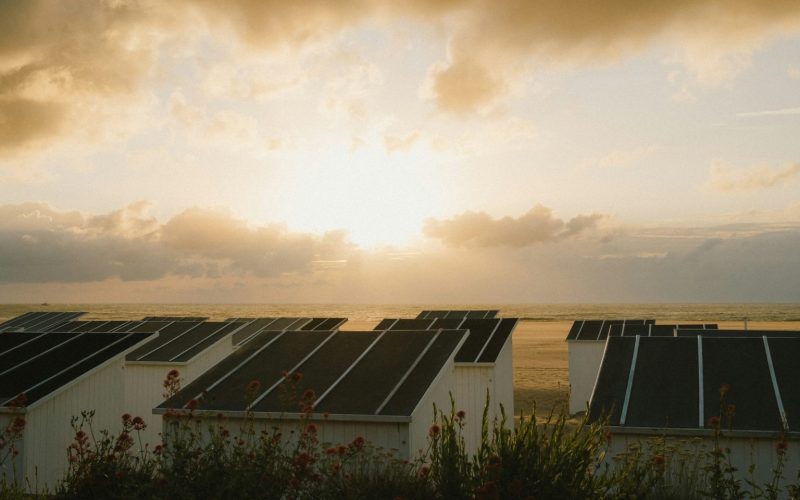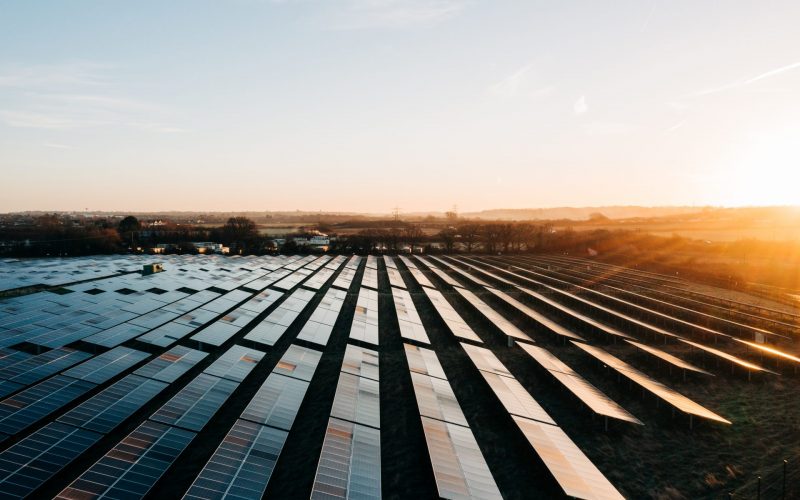The criticism has largely been one sided. Indeed, the arguments against the tariff hike are subjective and “short-sighted”. The risk of exerting upward pressure on inflation and the need to protect the poor, have been advanced as the main reasons Eskom should not hike its tariff.
While it is true that Eskom’s actions will raise inflation, it is equally true that maintaining the status quo, is equally inflationary in the long term. In addition, the poor stand to suffer more should the current situation continue. This is because, without corrective action, we are guaranteed of Eskom’s failure to provide sufficient electricity, likely triggering bouts of rolling black-outs countrywide. Such a situation is likely to exert upward pressure on inflation in the long run, since most companies would have to turn to other sources of electricity such as generator sets. Generators, in turn, will need fuel to run, thus increasing the production costs of companies and where this fuel is imported, also put pressure on the national current account.
While the cost of supplying electricity is set to rise significantly from around R40bn in the financial year ending 2008, the costs of an absence of reliable electricity (estimated at between R10bn and R50bn by different institutions for the 2008 electricity crisis) far exceeds the costs of improving electricity infrastructure. In Nigeria, for example, a lack of reliable electricity supply means many businesses run on diesel generators at a cost of at least five times more than grid-electricity. Firms will pass on these costs to consumers and this will lead to price hikes beyond electricity. Should nothing continues to be done the situation will worsen.
As the situation worsens it is the poor who will suffer most as they are unable to afford the higher costs of commodities as well as alternative energy sources such as generators. Experience from other countries has also shown that should it come to black outs, it is most likely the poorer areas that will experience most blackouts and hence suffer the most. Taking Zambia as an example, the affluent area of Kabulonga in Lusaka is known to experience around 3 hours of power black-outs a day, whilst the poorer areas experience between six to eight hours of power black-outs per day.
Granting Eskom the tariff rise will allow the supply of sufficient electricity. It will also enable the utility company to embark on its investment programmes, a key component of government’s strategy to stimulate the economy. Ultimately inflation caused by this type of investment is much better than the consumption inflation triggered by the shortage of electricity.
How then should this saga be handled? A good starting point would be to accept that our situation arises from two factors. Firstly, South Africa has supplied electricity at unsustainably low prices. Secondly, the situation was compounded by failure to invest in electricity infrastructure or alternative energy sources. Last year’s events and the government’s subsequent apology for not investing in the sector demonstrates this.
The next step would be to realise that doing nothing is still going to be inflationary. It would fuel the recession as a shortage of energy would undermine government’s counter-recessionary public investment programmes. How can we embark on any of these programmes without energy?
That said, Eskom should only be granted a tariff rise under strict conditions. Eskom must clearly show where these extra funds will go and also provide as detailed as possible, plans for future expansion and/or investment. Government for its part should commit to investing in job-intensive renewable energy sources – the only way in which to isolate the country over the medium- to long-term from the economic shocks and inflationary pressures of volatile and relentlessly rising fuel costs. This is where international finance flows in the forms of carbon credit to South Africa can come in handy. The ability to attract carbon credit targeting the energy sector would serve to cushion pressure on our already strained national budget.
It is time that the electricity crisis was strategically and decisively tackled once and for all and denialism should not be part of the solution. After all, is economic development generally not inflationary? Besides, if that argument holds we might as well inform FIFA of our intention not to host the 2010 world cup as it will be inflationary. Imagine all those people from all over the world converging in South Africa and driving both demand and prices up? Additionally, how do we ever expect to grow if any upward pressure on inflation is considered a no-go area?
The argument that tariffs should not go up because it will hurt the poor will not take South African development very far, especially since the poor stand to be hurt much more should nothing be done. Rather we should be debating how best to protect the poor via mechanisms such as price discrimination, free basic energy and public transport subsidies. It is reassuring to see the public enterprises minister buck the public trend and emphasise the sober and harsh reality confronting the country if Eskom cannot raise its tariff.
What would be essential when granting Eskom a tariff rise is to objectively work out a way to protect the poor from the hikes as best as possible. This is not simple, but a starting point would be discriminating the tariff structures based on the areas that people live with those in opulent areas paying more than their poorer counterparts. Admittedly, few South Africans can afford to dig further into their pockets in these difficult times, but it is surely better to pay more now for a brighter South Africa than to save money to face – literally – a pitch dark future.








